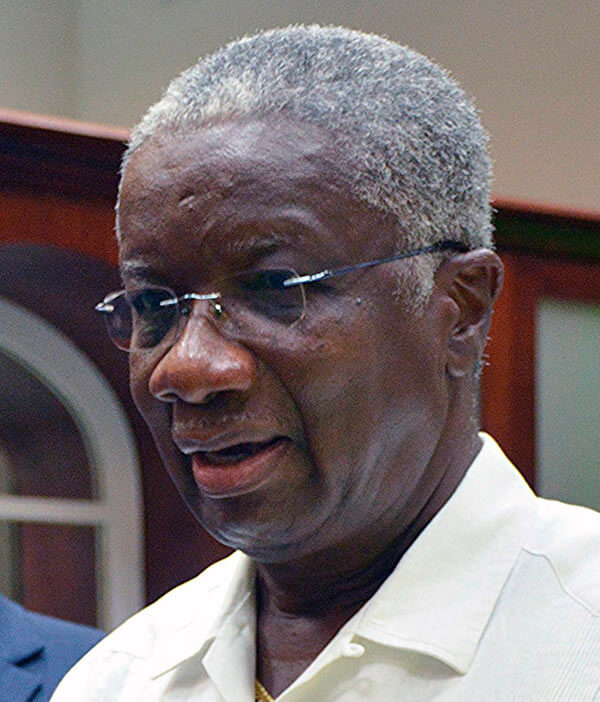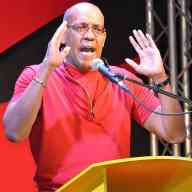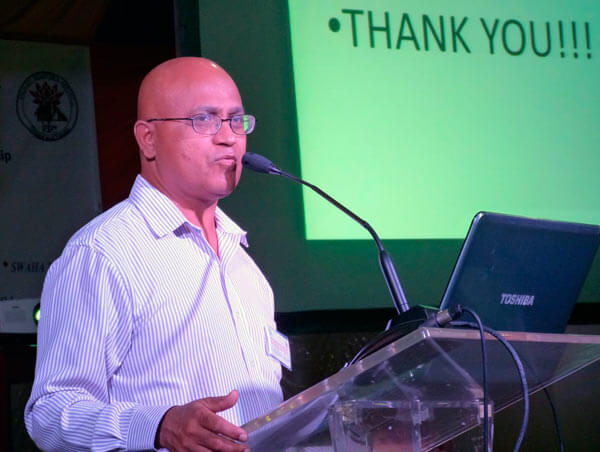Sometime after the so-called summer holiday period ends, an umbrella body established by Caribbean Community governments to fight European nations to make them pay for the transatlantic slave trade will meet to review the state of play regarding regional efforts to win this battle.
The issue was discussed at length at the just-concluded main leaders meeting in Grenada where the general regional leadership was informed that most of the European nations which were sent formal letters of demand from CARICOM have replied in similar fashion. Portugal, says Assistant CARICOM Secretary General Douglas Slater, was the only “one we are yet to hear from.” It therefore means then that countries such as Britain, France, Spain, The Netherlands and Denmark have already sent in their replies and the tone is reported not to be too endearing to the minds and ears of CARICOM leaders.
Of note is the fact that Brazil, colonized for centuries by Portugal, was among the last nations in the hemisphere to abolish slavery. Brazil also has the largest number of people with African ancestry outside of Nigeria.
Despite the fact that the meeting decided that public pressure must be upped on Europe through greater involvement of and support from Caribbean people, Slater said this week that governments are treading rather carefully and deliberately as it is the agreed policy at this stage to push for a negotiated settlement rather than an open, ugly row.
Should the negotiated solution fail, governments have already said they will resort to the World Court in The Netherlands after two years.
“We would prefer a negotiated approach. The leaders don’t want to engage in a confrontational approach with Europe but prefer a negotiated solution,” Slater said, suggesting that the special sub-committee that Barbadian Prime Minister Freundel Stuart heads will likely sit down sometime in September and decide on how to treat the replies from Europe. He said, officials will absolutely not release the contents of any replies.
Nearly all of the 15-member states in CARICOM have already established national commissions to research facts, compile data and make historical linkages to some of the problems affecting people of African ancestry in the Caribbean including communicable diseases that experts link to poor diet on slave plantations.
Jamaican officials for example, have already calculated that at today’s rates, locals are owed an astonishing Sterling 2.3 trillion dollars. This might be one reason why former British Prime Minister Dave Cameron had said on a 2015 visit to Jamaica that Britain absolutely has no intention of paying any reparations.
Despite the fact that leaders claim to prefer a measured approach of diplomatic engagement, the final communique of the Grenada meeting did give hints about their mindset going forwards and in the light of the formal replies from the EU nations.
It talked about efforts to “coordinate the preparation of a strategy that includes diplomatic, media and messaging to advance the reparations claim and to redouble efforts at public education.”
CARICOM leaders had back in 2013 decided to take the fight to Europe. They have already hired a British law firm which had won millions for Kenyan tribesmen after they were slaughtered by British soldiers during the colonial era. The firm has already formally indicated to CARICOM that it has a strong and winnable case even as the firm prepares for the order to file if all else fails.

















